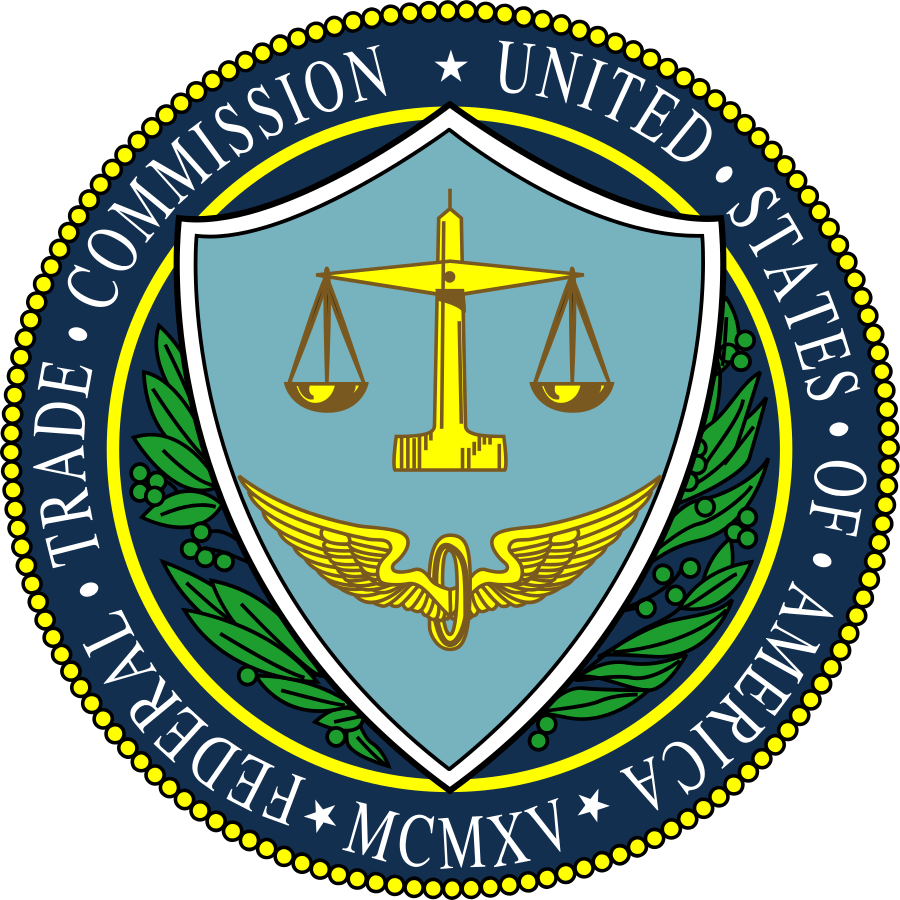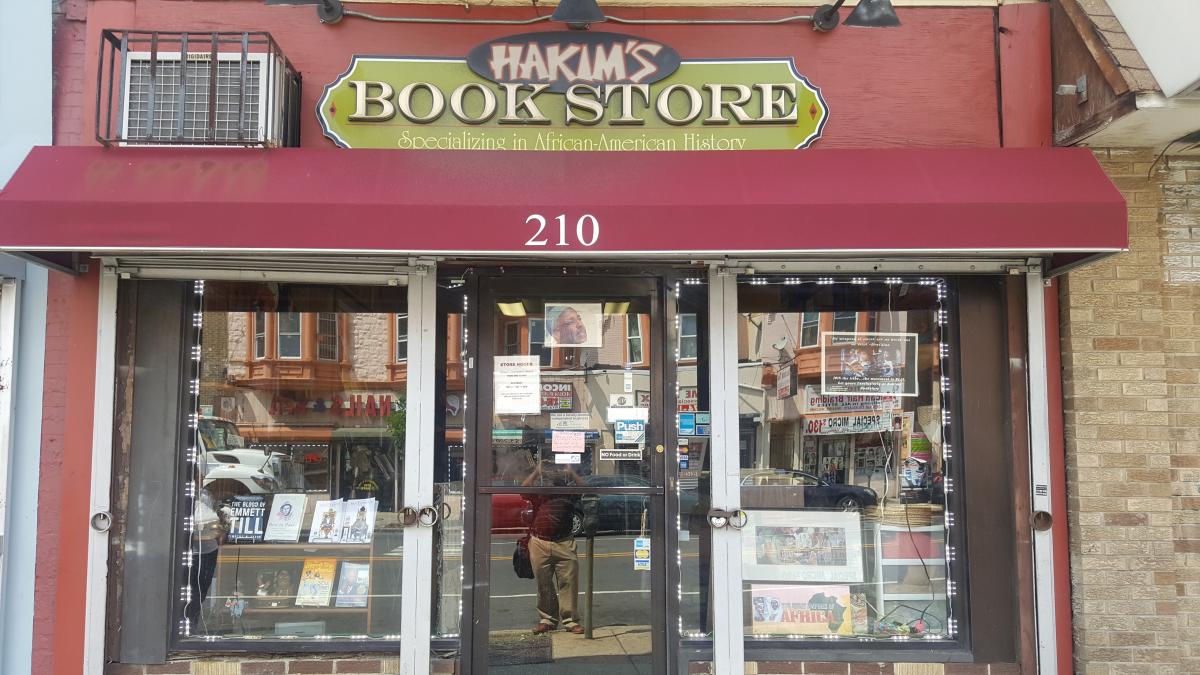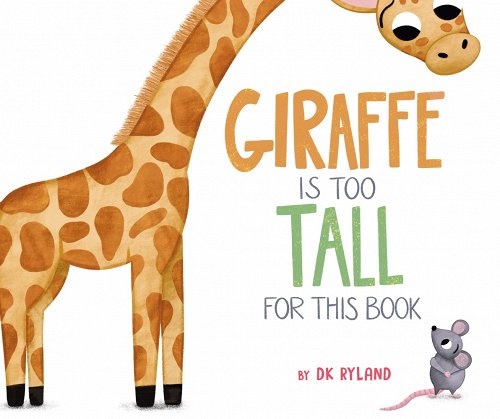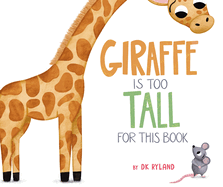FTC Files Antitrust Suit Against Amazon
 As was long rumored, the Federal Trade Commission, along with 17 states, has sued Amazon for antitrust violations, accusing the company of building and protecting a monopoly in various ways, including: forcing independent retailers on its online marketplace not to sell for lower prices elsewhere; favoring its own branded products over those from other retailers in searches; and requiring that retailers' products sold via Amazon Prime be handled and delivered by Amazon. The suit, which was filed in federal court in Washington State, also said that many retailers have felt required to buy various Amazon services, including ads on its sites.
As was long rumored, the Federal Trade Commission, along with 17 states, has sued Amazon for antitrust violations, accusing the company of building and protecting a monopoly in various ways, including: forcing independent retailers on its online marketplace not to sell for lower prices elsewhere; favoring its own branded products over those from other retailers in searches; and requiring that retailers' products sold via Amazon Prime be handled and delivered by Amazon. The suit, which was filed in federal court in Washington State, also said that many retailers have felt required to buy various Amazon services, including ads on its sites.
In a statement about the suit, the FTC said it alleges that Amazon is "a monopolist that uses a set of interlocking anticompetitive and unfair strategies to illegally maintain its monopoly power... Amazon violates the law not because it is big, but because it engages in a course of exclusionary conduct that prevents current competitors from growing and new competitors from emerging. By stifling competition on price, product selection, quality, and by preventing its current or future rivals from attracting a critical mass of shoppers and sellers, Amazon ensures that no current or future rival can threaten its dominance."
 |
|
| Lina Khan | |
FTC chair Lina Khan, who famously wrote in the Yale Law Journal in 2017 that Amazon had been spared government scrutiny of its antitrust behavior, said yesterday, speaking of independent retailers that sell through on its marketplace, "Amazon now takes one of every $2 that a seller makes," the Wall Street Journal reported. Khan later was on the staff of the House Judiciary Committee and was appointed chair of the FTC by President Biden in 2021.
The FTC is asking the court for a permanent injunction to stop Amazon from "engaging in its unlawful conduct and pry loose Amazon's monopolistic control to restore competition." It did not ask the court to break up the company, but left that possibility open.
In a statement online, Amazon senior v-p, global public policy, and general counsel David Zapolsky said, "Today's suit makes clear the FTC's focus has radically departed from its mission of protecting consumers and competition. The practices the FTC is challenging have helped to spur competition and innovation across the retail industry, and have produced greater selection, lower prices, and faster delivery speeds for Amazon customers and greater opportunity for the many businesses that sell in Amazon's store. If the FTC gets its way, the result would be fewer products to choose from, higher prices, slower deliveries for consumers, and reduced options for small businesses--the opposite of what antitrust law is designed to do. The lawsuit filed by the FTC today is wrong on the facts and the law, and we look forward to making that case in court."
In a letter to members, American Booksellers Association CEO Allison K. Hill called the suit "a significant victory in ABA's advocacy efforts to fight Amazon's stranglehold" and noted that last week, she, Dave Grogan, ABA's director of advocacy and public policy, and Ray Daniels, ABA's chief communications officer, met with the FTC and "were struck by the intense level of engagement and commitment. In that regard today's announcement isn't a surprise, but the scope of this lawsuit is--it's massive and will allow the FTC to use their subpoena power to create critical transparency around Amazon's (anticompetitive) business practices."
She continued: "Since I became CEO over three years ago, ABA's fight against Amazon has been a top priority. I'd like to thank Dave for his tireless efforts in support of a level playing field for independent bookstores, and I'd like to thank Ray for his contributions to our antitrust strategy and communication. I'd also like to thank the FTC; ABA applauds the FTC and its state partners for their efforts to restore a fair marketplace.
"ABA celebrates this first step toward releasing Amazon's stranglehold."
The New York Times noted that the FTC lawsuit "echoes charges" brought by the European Union against Amazon, leading Amazon to change some practices that were cited by the FTC. "The company agreed last year to a settlement in Europe that will see it display offers from more merchants on individual product pages, and it earlier eliminated some contractual language that stopped merchants from discounting products elsewhere.
"Amazon is also winding down most of its private label brands after they failed to generate substantial consumer traction, a person familiar with the strategy said. In June, it announced it would later this year reopen enrollment for a program that let merchants sell their products as Prime-eligible while handling the deliveries themselves, without using Amazon’s warehouses."





IPC.0204.S3.INDIEPRESSMONTHCONTEST.gif)






 A
A 

IPC.0211.T4.INDIEPRESSMONTH.gif)


 "
" Our Fragile Moment: How Lessons from Earth's Past Can Help Us Survive the Climate Crisis
Our Fragile Moment: How Lessons from Earth's Past Can Help Us Survive the Climate Crisis
 Book you've bought for the cover:
Book you've bought for the cover: In 2011, Hervé Tullet's
In 2011, Hervé Tullet's 